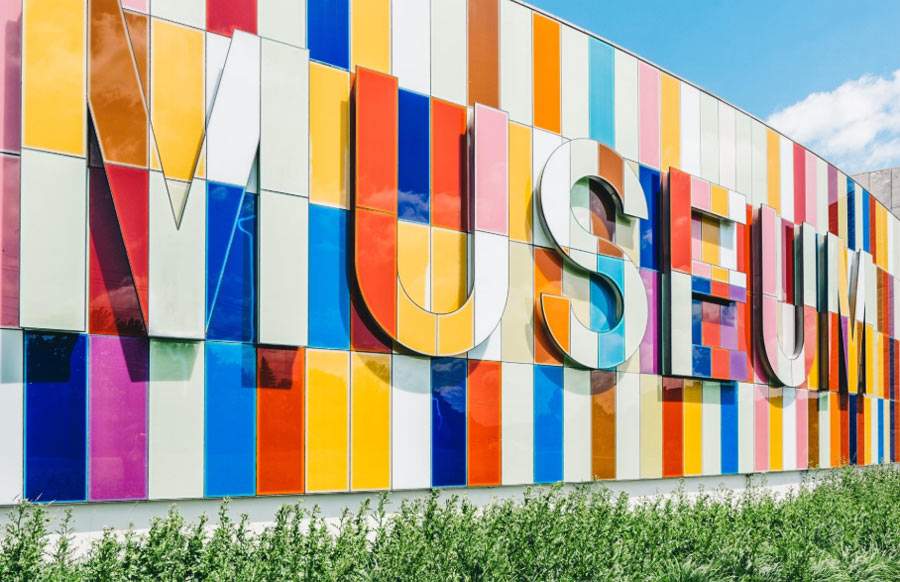A project to establish international governance standards for museums and develop schemes to help museums survive in these times of crisis. INTERCOM (International Committee of Museum Management) and CIMAM (International Committee of Museums and Collections of Modern Art) have launched the Museum Watch Governance Management Project: a special initiative to help the museum community address management challenges more effectively.
The project, which originated within ICOM - the International Council of Museums, the world’s leading body representing museums, and involves partner museums in Southeastern and Central Europe represented by the Regional Alliance for South East Europe (ICOM SEE) and ICOM Poland, aims to analyze how the professional community can respond to an increasingly unstable and risky environment, including interferences that challenge the neutrality of museums in their knowledge-sharing role. In response to these and other forms of interference, the study argues that the introduction of an explicit governance code is a key response.
The absence of a valid and shared governance code puts museum staff, governing bodies and funders in a position to view governance principles as “optional” rather than an explicitly prescribed standard of practice. As a result, this absence can often be a weakness, allowing outside interference to occupy and influence this space. “The project,” explains Goranka Horjan, president of INTERCOM, “aims to strengthen the potential and integrity of museums and reduce vulnerabilities by increasing resilience. An adequate response to socio-economic challenges is directly linked to good governance and management practices.”
“Principles of governance and governance deficits,” Bart de Baere, chair of the CIMAM Museum Oversight Committee and CIMAM board member said, “are not specific to contemporary art museums. However, this is where the response of CIMAM, which is part of the ICOM ecosystem, comes in. Therefore, it seemed logical for CIMAM’s Museum Oversight Committee to turn to INTERCOM to begin focusing on ideas, issues, and practices related to governance and leadership in the museum context. The whole plan then became an ICOM Special Project.”
INTERCOM and CIMAM initiated the project to monitor trends and see how the professional community could respond to growing risks. In late June and early July 2021, two focus groups were established with a mix of museum professionals, policymakers, and academic experts to explore and deepen some of the results of the questionnaire and to better understand the local museum context and the nature of interaction between different stakeholders. A team of experts conducted the surveys and interviews that helped map national and regional constraints to harnessing the creative potential of museums.
The survey identified areas where policy must get along with good governance practices for museums to fulfill their mission. In-depth interviews with museum directors helped to understand how universal concepts can be used to map processes in the museum field, the extent to which the field is regulated by policy, and what influence museum directors have in this process. The key question for museum directors is whether less interference from policy would benefit their institutions.
Several areas of importance in the relationship between museums and politics were also identified: ethics, financial support, maintenance of resources, and crisis management. The possibility of introducing a code of conduct for the cultural sector based on the six principles was also discussed: the importance of mission, a clear division of roles (who is responsible for what?), checks and balances (governing bodies should provide for fairness and balance within and outside the organization), board composition (diversity and reflection of different stakeholders), stakeholder relations (and politics as the main stakeholder), and ethical behavior. The huge autonomy gap observed in museums around the world prompted INTERCOM and its partners to conduct this governance research and map practices in European regions where an alarming lack of autonomy was found. The first phase of the project revealed the complexity of the process and regional differences. In the next phase, INTERCOM and its partners will open additional chapters on good governance practices, with the support of ICOM, as a global professional organization whose main mission is “to establish professional and ethical standards for museum activities” (ICOM), through the Special Project Grant in 2022. The entire report with the results has been published online and can be downloaded from the CIMAM website.
 |
| A project to establish international governance criteria for museums |
Warning: the translation into English of the original Italian article was created using automatic tools. We undertake to review all articles, but we do not guarantee the total absence of inaccuracies in the translation due to the program. You can find the original by clicking on the ITA button. If you find any mistake,please contact us.